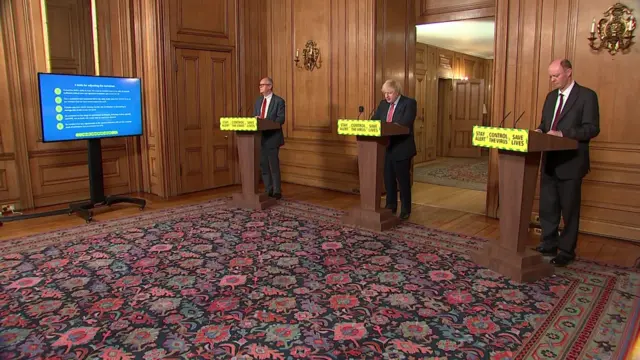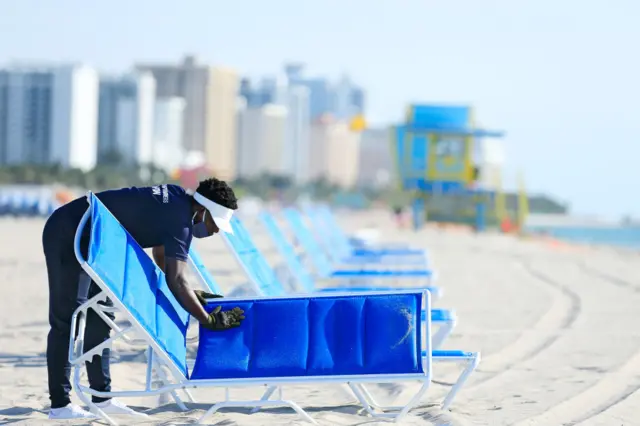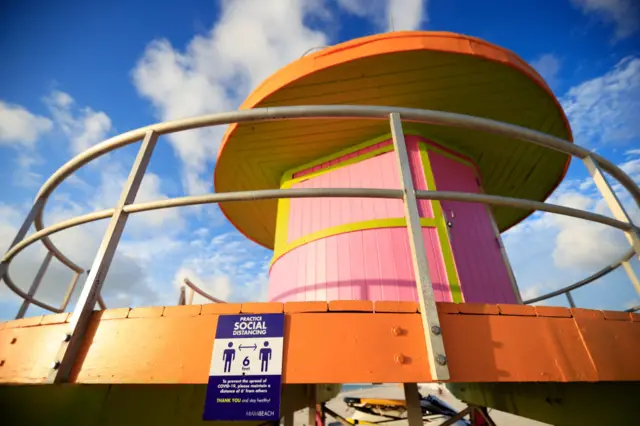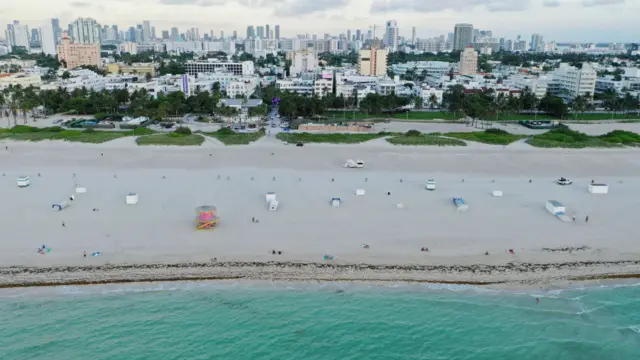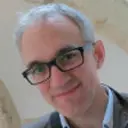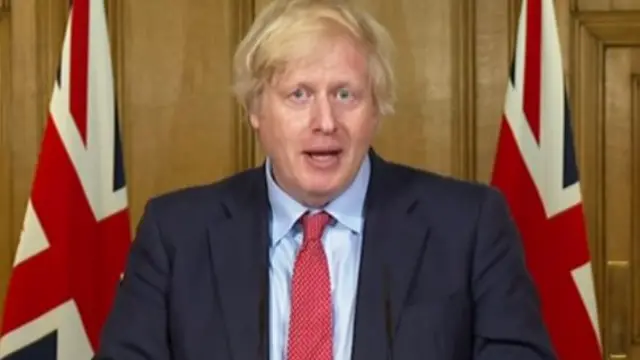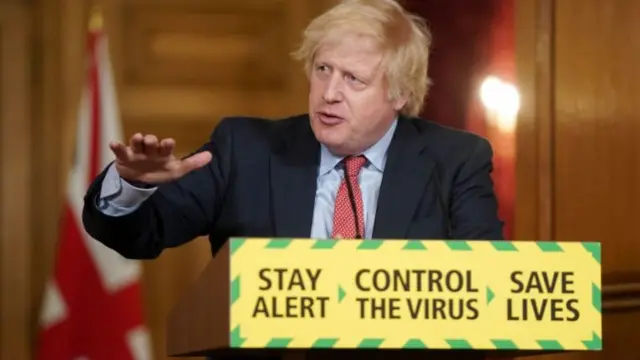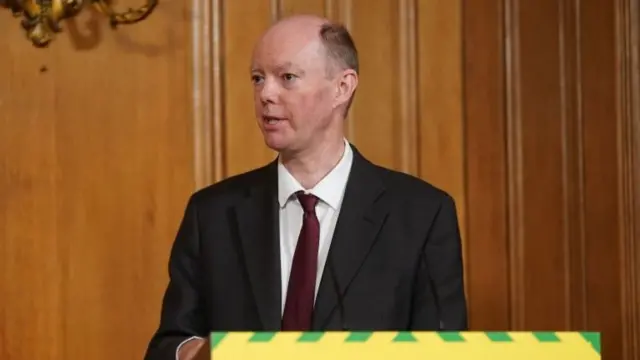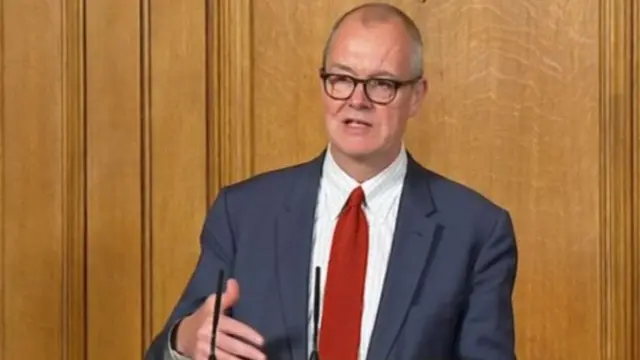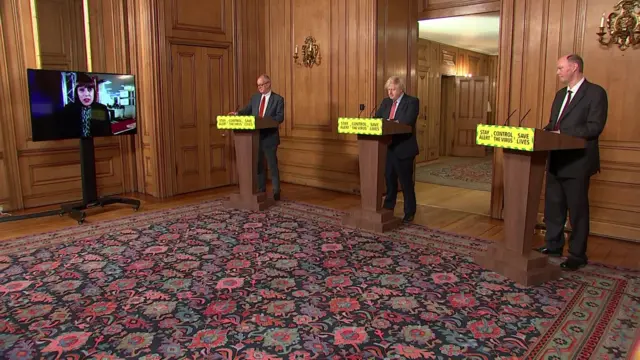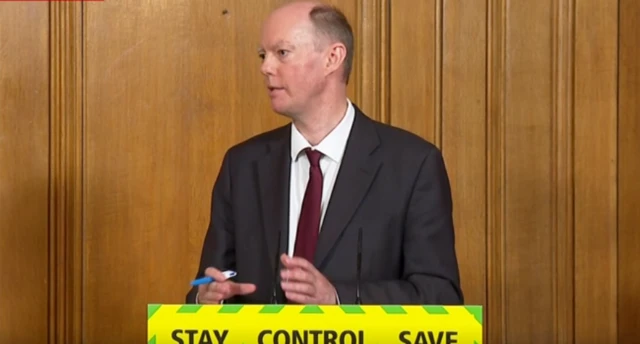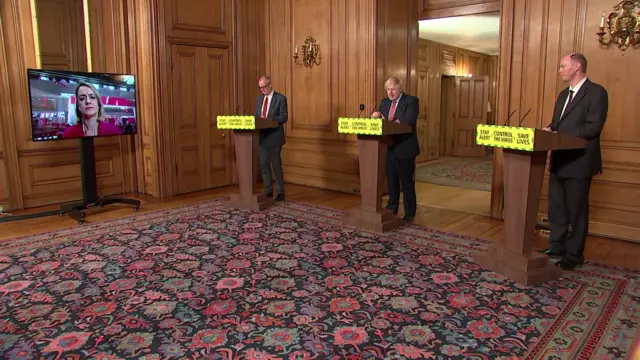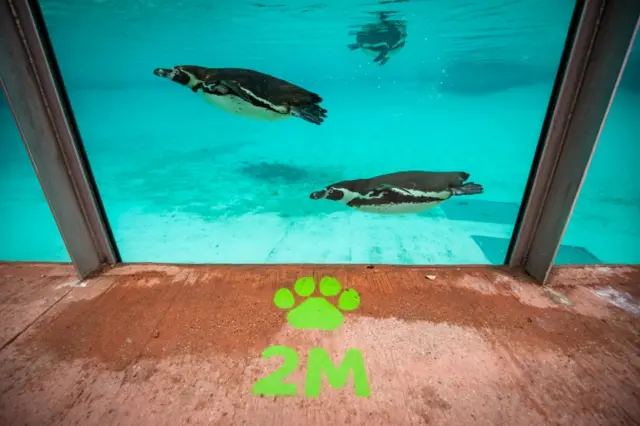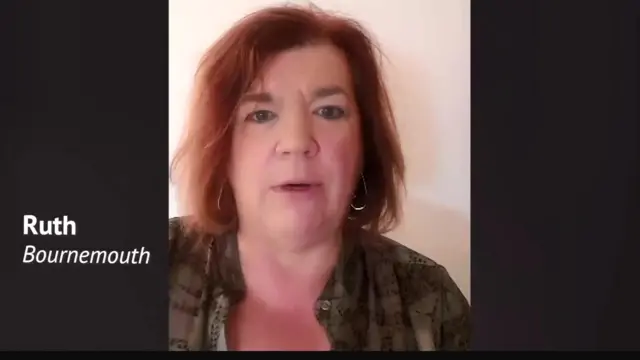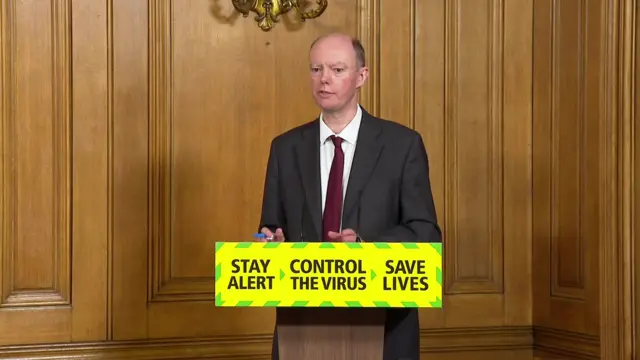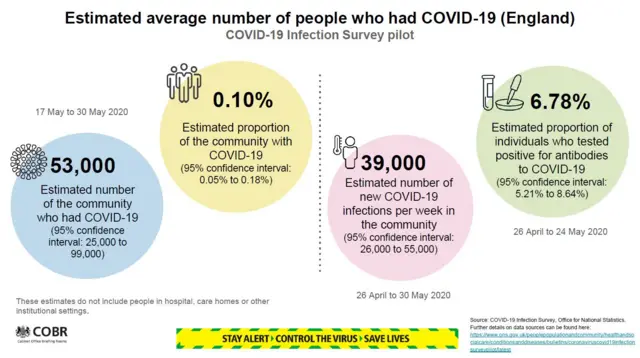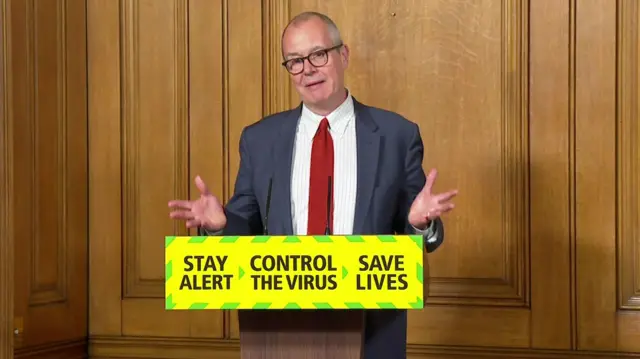Covid-19 causes surge in overall Moscow deathspublished at 18:53 BST 10 June 2020
 BBC Monitoring
BBC Monitoring
The world through its media
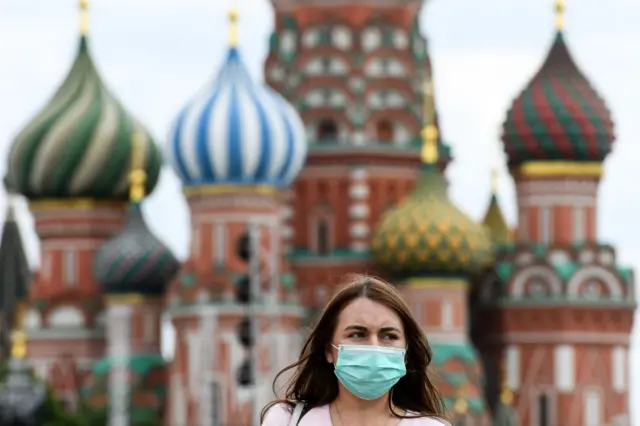 Image source, AFP
Image source, AFPAuthorities in Moscow have posted a sharp year-on-year rise in the overall number of deaths in the city in May, linking 92% of the additional deaths to Covid-19.
According to data published by the Russian capital’s health department, coronavirus was the main or secondary cause of 5,260 deaths in May, far higher than the previously reported official total death toll for the entire Covid-19 epidemic in Moscow, 3,085.
According to the figures, a total of 15,713 deaths were registered in Moscow in May - 5,715 more than the number for May 2019.
On Tuesday, Moscow lifted its period of "self-isolation" allowing everyone to move about freely for the first time since the end of March. The move came despite a stubbornly high number of new cases.
